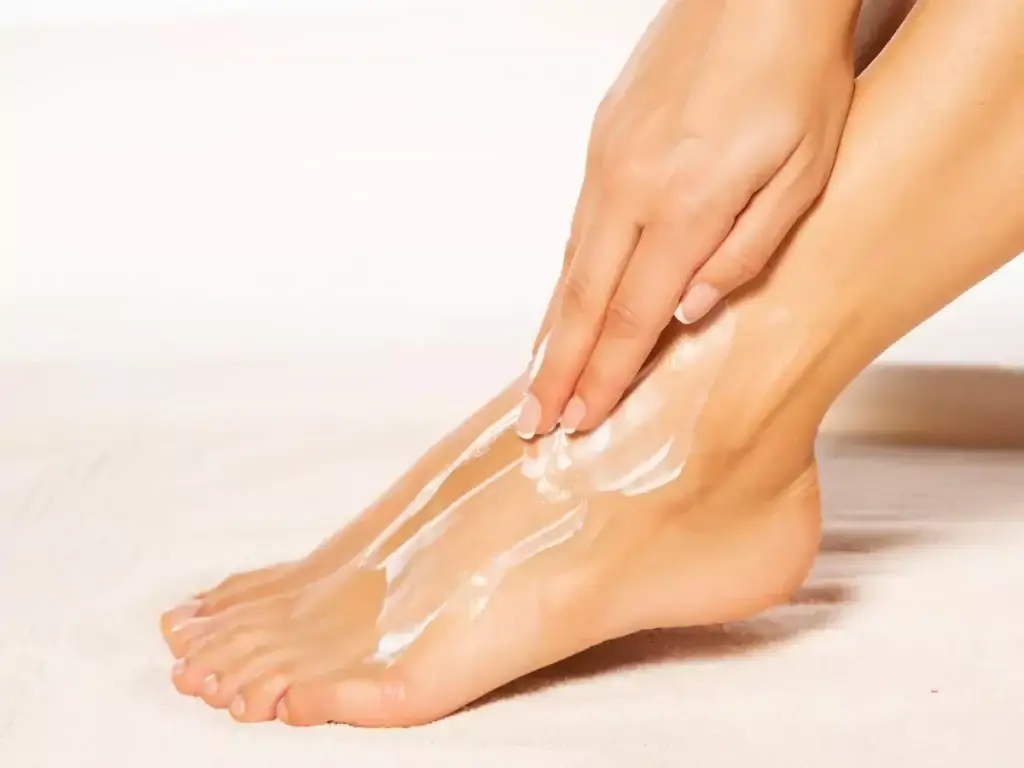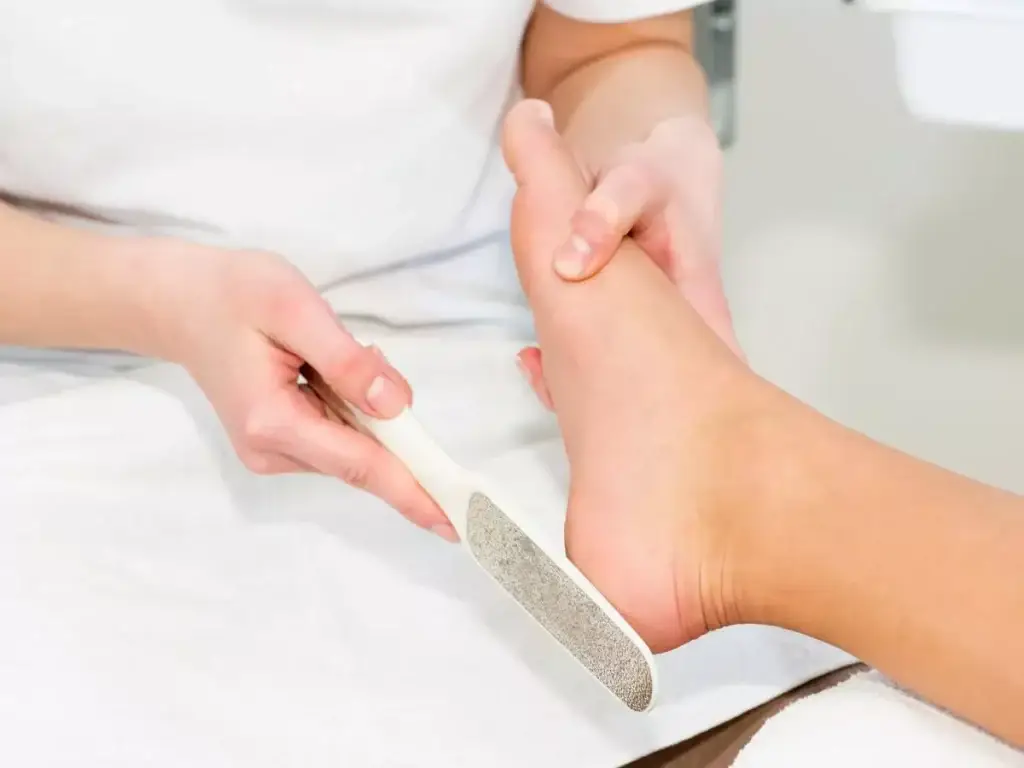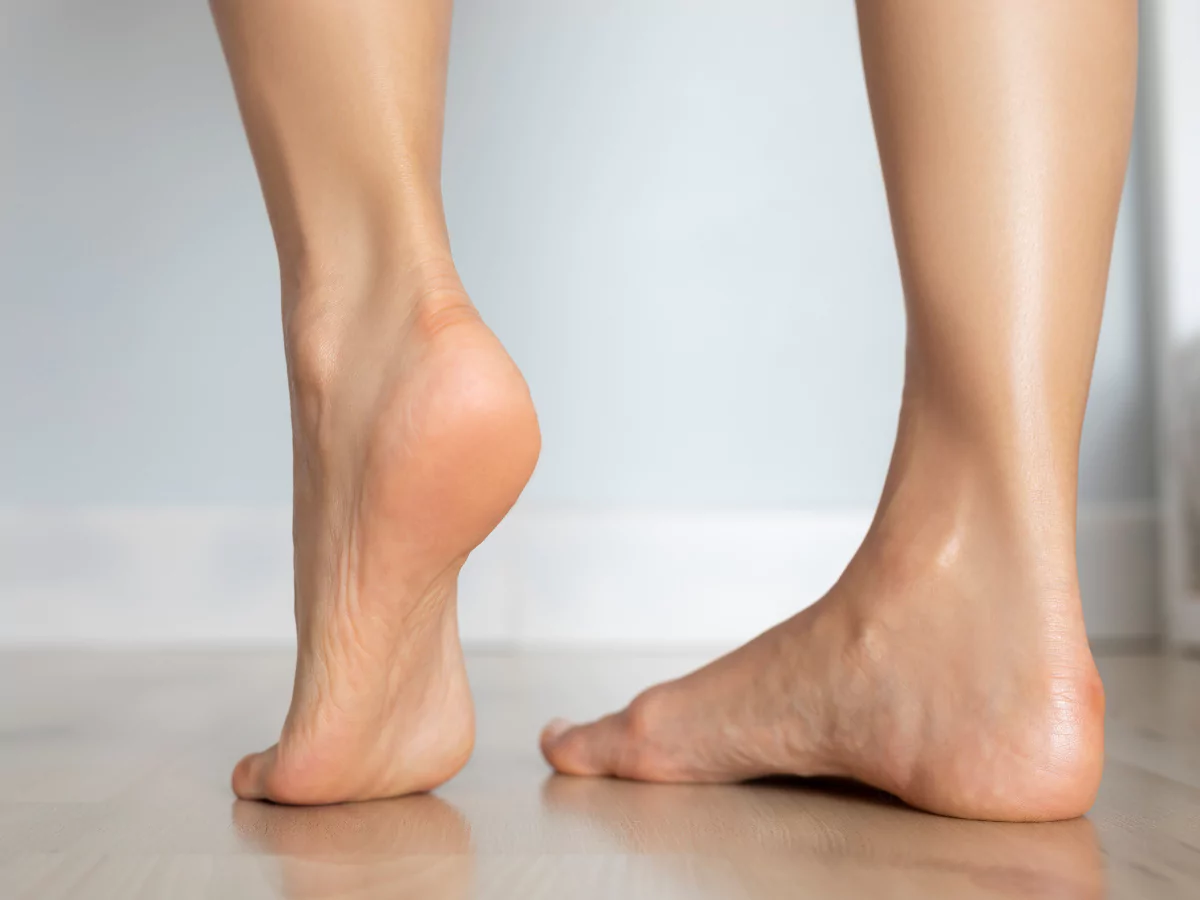What are Diabetic Feet?
Unchecked diabetes can have adverse effects on the body. People may experience difficulties with vision and even heart problems. This may lead to something called “diabetic feet.”
Symptoms in the feet are also a common complication that people with diabetes experience. We know diabetes affects blood sugar levels. If blood sugar is not regulated, many issues can occur in the feet.
This includes dryness, ulcers, numbness, tingling, and pain.
The increased blood sugar and decreased blood circulation can mean bad news for feet.
How to Treat Diabetic Feet
So how do we help treat diabetic feet? Here are 5 ways to help reduce symptoms!
1. Control Blood Sugar
This might be obvious, but it is first on the list for a reason! Keeping a mindful eye on your blood sugar and adhering to your medication will help alleviate symptoms from diabetic feet. There are many ways to regulate your blood sugar, including:
- Healthy diet
- Regular exercise
- Medication adherence
- Efficient monitoring
Diabetes self-management education and support (DSMES) classes help you manage your diabetes.
For people who have been newly diagnosed, you can learn the fundamentals of diabetes and equip yourself to maintain a healthy lifestyle.
For people who have lived with diabetes for a time, you can learn from your peers and gain knowledge from the experiences of others. At the end of the day, if you can control your blood sugar, you will experience healthier feet.

2. Topical Medication
As a compounding pharmacy, this is our bread and butter!
If symptoms have worsened and you begin to see ulcers or calluses manifest on your feet, you can turn to topical medications. Depending on what you need, your doctor can order a topical medication that consists of anti-inflammatory and pain-reducing ingredients.
This can help alleviate cuts or blisters that have occurred and even reduce the numbness. We can also include ingredients that assist with healing. Common ingredients we use to compound our topical creams include gabapentin and lidocaine.

3. Diabetic Shoes
Shoes are available specifically for people with diabetes who have trouble with their feet.
Diabetic shoes have a softer interior for added comfort and reduction in irritation. They also focus more on reducing pressure on the foot. They do this by using stretchable material and providing extra depth within the shoe.
Some traditional shoes have elevated heels to push you forward when walking. A good shoe for diabetic people will be flat so that your weight is more evenly distributed throughout your foot.

4. B-Complex Vitamins
Vitamin B supplements can help decrease symptoms from diabetic feet. B vitamins have a positive effect on our blood.
They help increase blood vessel function, reduce inflammation, and even lower bad cholesterol. This all helps increase your body’s blood flow. Since our feet are the furthest away from our hearts, having optimal blood flow can be crucial for their health.
Metformin is a common drug taken by people with diabetes, but it may lead to a deficiency in vitamin B12. It is essential to supplement this if you are taking metformin.
B vitamins are available over the counter.

5. Pedicures for Feet
Treat your feet! Pedicures are a great way to maintain the health of your feet and increase comfortability.
If you do not have ulcers and are not experiencing neuropathy, you may get a pedicure from a nail salon. The nail salon must also have a strong cleanliness standard to avoid infection.
If not, your podiatrist may provide a medical pedicure to keep your feet clean. This can help remove ingrown nails and calluses. This is important because ingrown nails and calluses may lead to foot infection.
Make sure to get a pedicure every 6-8 weeks to keep your feet clean and comfortable!

The Importance of Taking Care of Your Feet
Diabetes can affect the blood flow in your body. Because of this, your feet are at risk for specific symptoms (ulcers, neuropathy, infection, etc.). This is why it is so important to take care of your feet!
Unfortunately, in dire situations, amputations may be necessary. This may occur when feet are too damaged by infection, neuropathy, or other symptoms.
Keeping a maintenance schedule and a healthy lifestyle will promote the well-being of your feet and improve comfortability.
Sign Up for Diabetes Self-Management Education and Support Classes
Interested in learning more? ClearSpring Pharmacy offers Diabetes Self-Management Education and Support (DSMES) classes.
Learn the fundamentals as well as more advanced techniques for managing your diabetes.











